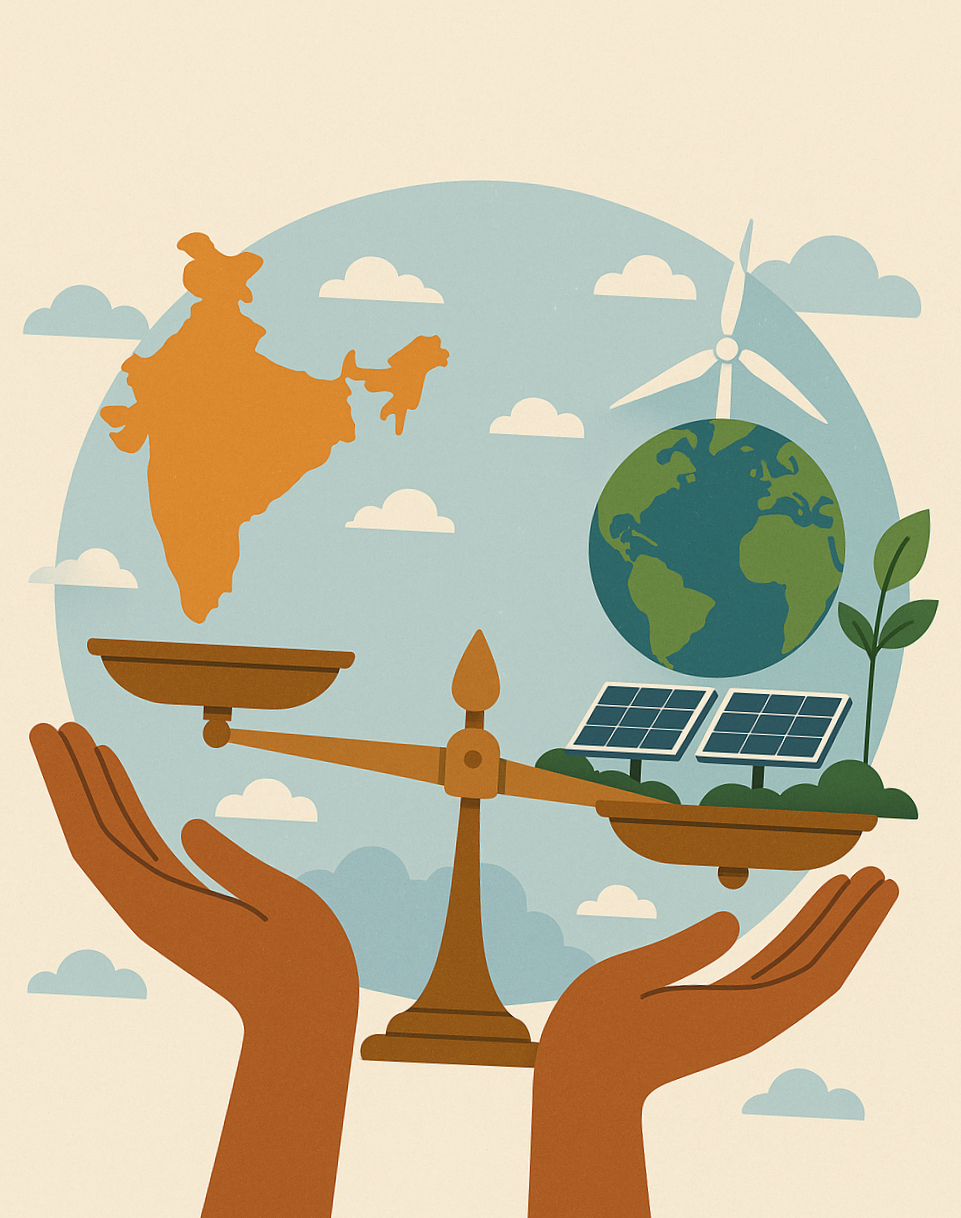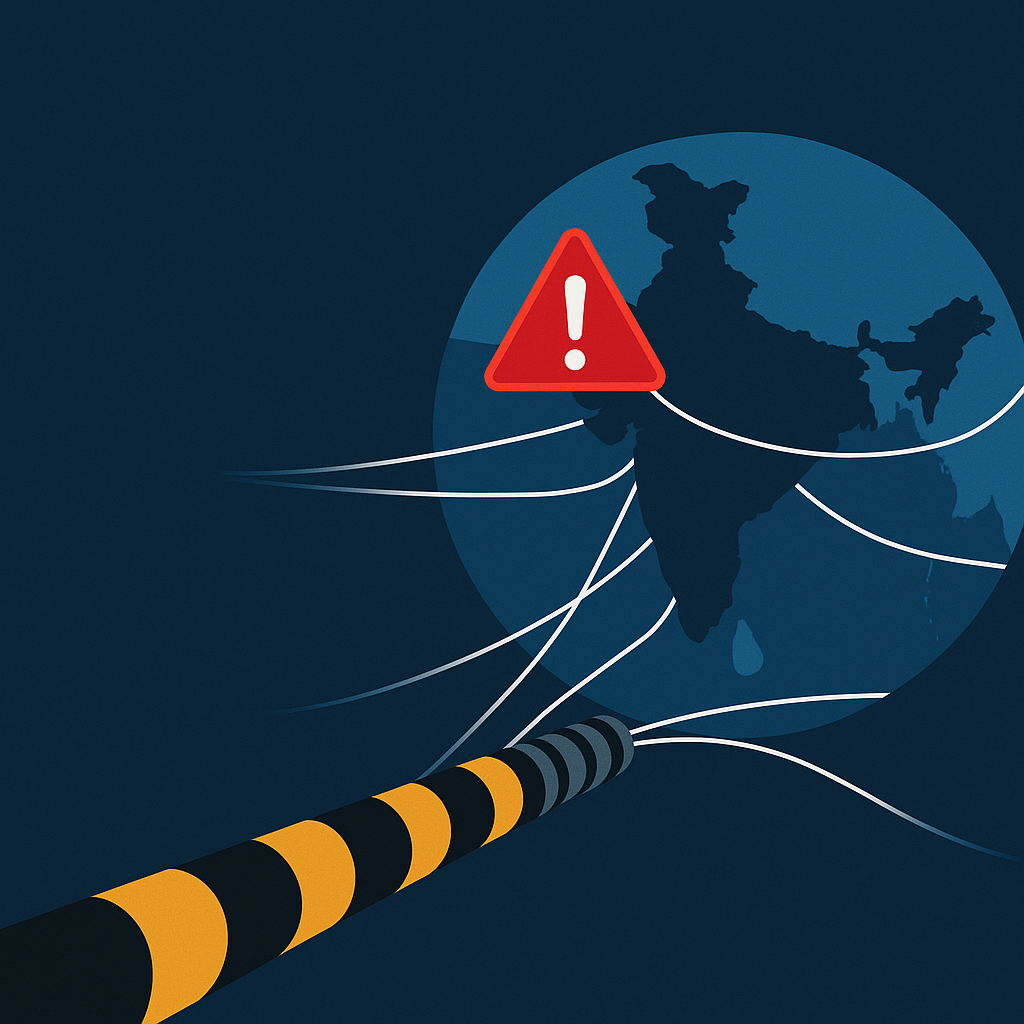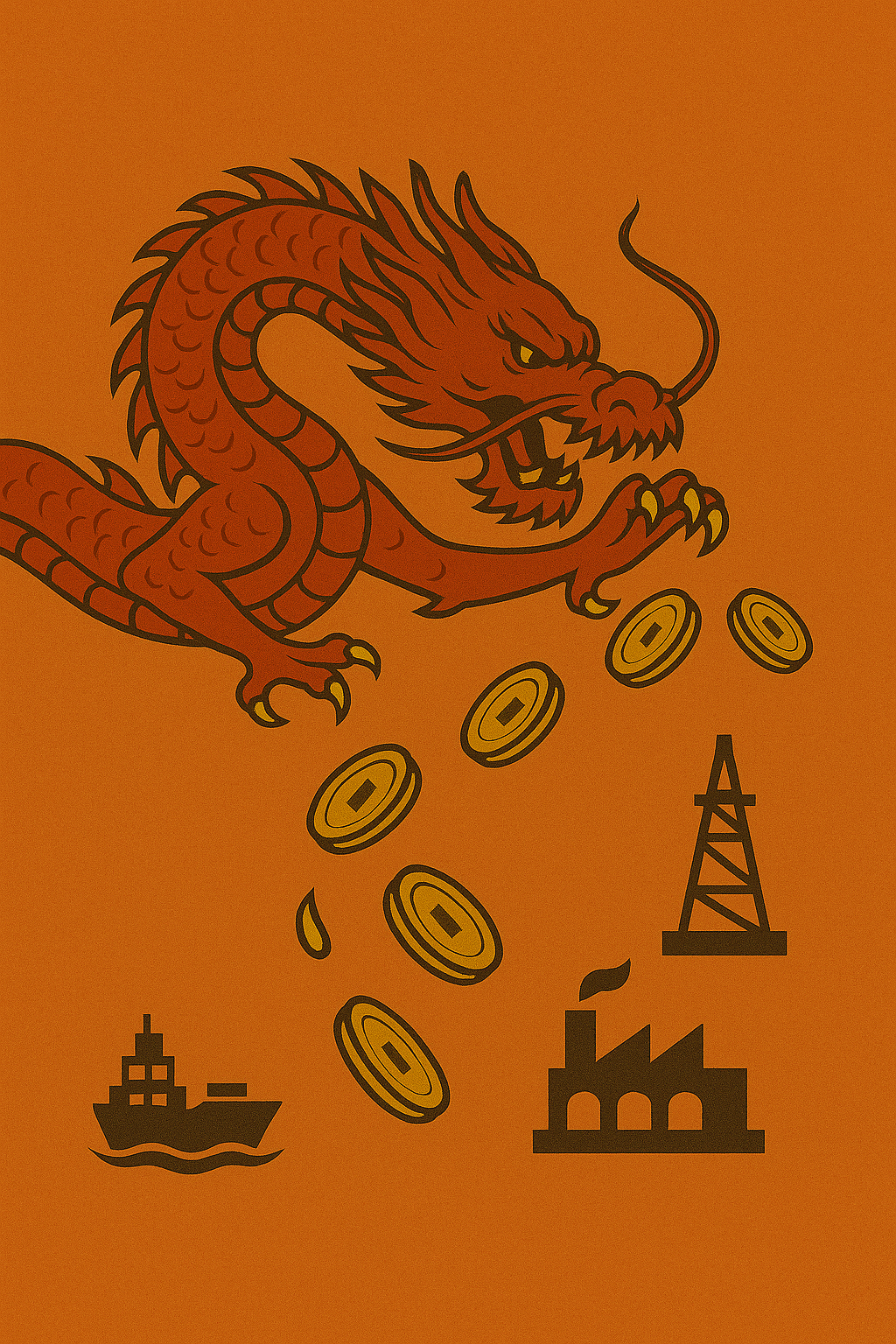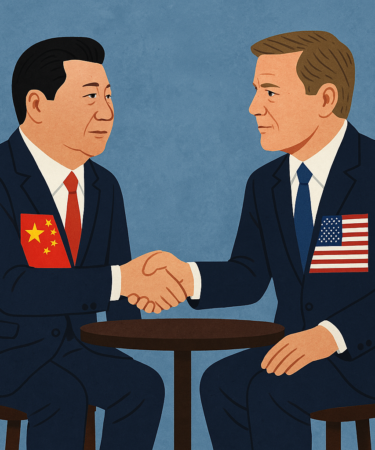The US-led Iraqi invasion of 2003 under the pretext of thwarting an ongoing Iraqi quest for weapons of mass destruction (WMDs) turned into a major debacle when the operations concluded with no evidence to prove their war objectives. Although the governments of the United States and the United Kingdom were embarrassed with the mishap, their respective intelligence agencies had to shoulder the criticisms for providing flimsy intelligence on which the decision to intervene was made.

Pakistan: A Country in Search of an Identity (Part 1 of 2)
India was a saviour for every Maldivian on 3 November 1988. The timely intervention by India helped the Maldivian President and the country as a whole to survive a coup by around 80 Sri Lankan terrorists. The Indian Army’s 6 Parachute Regiment landed within hours of an SOS call, even without having the maps of Malé. The coup was quelled within two days and normalcy was restored. India’s actions received international accolades.

WannaCry: Beginning of the Era of Exploits?
Kim Jong Un is strengthening clandestine networks in Japan, the United States and South Korea.

Intelligence and Counter Proliferation: The Case of Pakistan
Ms. Dhanasree Jayaram, Project Associate, Manipal Advanced Research Group (MARG), Manipal University and Editorial Coordinator, Science, Technology & Security forum (STSforum) interviews Ms. Veena Nayyar on China’s troubled economic future. Ms Nayyar provides an overview of the economic indicators that point towards a decline in China’s economy as well the structural and societal barriers to its future growth. She throws light on the economic shifts in China and what these portend for the future of the country.

Chinese Activities in the Maldives: Waning Indian Influence
As India aspires to become a power to reckon with, there exists an imminent need to bridge the foreign policy gap between its politico-strategic and economic priorities. From this standpoint, Iran is an important country in India’s radar screen that deserves far greater attention than it already receives. The takeaways from strengthening multi-level ties with Iran far outweigh the risks and downsides associated with its apparent pariah status in the international geopolitical paradigm.

North Korea will Copy Pakistan’s Thousand Cuts Strategy
Defying the constant warning from the international community, including its ally China, the Democratic People’s Republic of Korea (DPRK), also called North Korea has conducted five nuclear tests and launched several long-range rockets including the latest Pukguksong-2[1] in violation of Security Council resolutions.[2] As a result, North Korea has faced severe economic sanctions.

Chabahar vs Gwadar: A New “Great Game”?
For very long India’s Taiwan policy has been hyphenated with its ties with Beijing. Over the past few years, India however has strengthened economic ties with Taiwan, and a number of Taiwanese companies including Foxconn have invested in India. The Taiwanese electronics maker has promised to invest 5 Billion USD over the next 5 years in a manufacturing plant in Maharashtra. Bilateral trade between both countries, estimated at 5 Billion USD, is of course way below the actual potential, though it has steadily risen over the years.

Perspectives on India’s Research and Development: An Interview with Dr. Anil Kakodkar
North Korea has been a conundrum for both China and the U.S. With sophisticated missiles and nuclear weapons, Pyongyang is believed to be “on the verge of a strategic breakout – quantitatively (by ramping up its warhead numbers) and qualitatively (through mastery of warhead miniaturization and long-range ballistic missiles) – that directly threatens the U.S.









